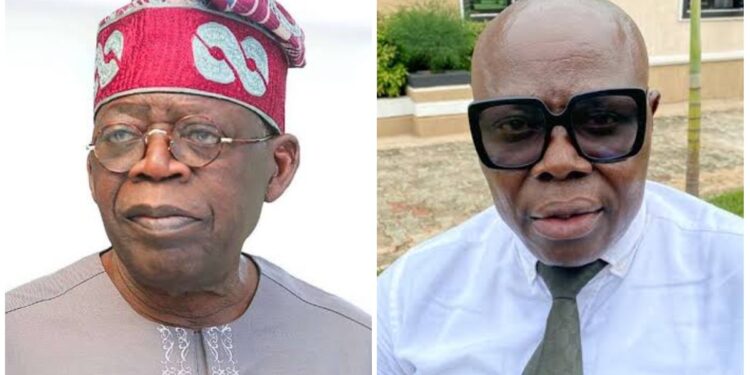In just a year since President Bola Tinubu took office, the promising hopes of liberty, economic growth, security, and prosperity that marked his inauguration on May 29, 2023, have faded away.
Instead, Nigerians are grappling with despair, suffering, deprivation, and hardship. The grim reality is reflected in the staggering numbers: skyrocketing living costs, hyperinflation, unemployment, and the depreciation of the naira.
While government officials pat themselves on the back, poverty and violence continue to escalate. Tinubu must reconsider his approach for the remainder of his term to leave behind a significant legacy for the nation.
Under Tinubu’s leadership, Nigeria stands as a stark contrast to Abraham Lincoln’s vision of democracy. Rather than a government for the people, it seems to serve only a small clique of politicians, their cronies, and relatives who benefit financially. Tinubu’s decision to eliminate petrol subsidies on his first day in office has only exacerbated chronic hardship.
Petrol prices have surged from N187 per litre before Tinubu’s tenure to an exorbitant range of N568 to N800 per litre. Without effective safety nets, most citizens struggle to cope with the staggering costs of transportation and food, plunging many into poverty. According to the World Bank, poverty rates reached 46 percent in 2023, affecting approximately 104 million citizens.
Two key policies have further burdened citizens: the unification of naira exchange rates through floatation and the removal of subsidies for Band A electricity consumers. Consequently, the naira has significantly depreciated, plummeting from N464 per $1 in May 2023 to around N1,400/$1 despite efforts to stabilize it. By February, it had lost 68 percent of its value, leading to Nigeria’s demotion from Africa’s largest economy to the fourth position.
And this brings me to Wole Soyinka selective protest, the renowned playwright, poet and activist has long been a vocal critic of political injustice and corruption in Nigeria. During the administration of Goodluck Ebele Jonathan, Prof. Soyinka was a prominent figure in the protest against governmental policies perceived as oppressive or detrimental to the nation’s progress. One notable instance was his involvement in the Occupy Nigeria movement in 2012, which protested against the removal of fuel subsidies by Jonathan administration. However, despite his active involvement in protest against Jonathan, Soyinka response to subsequent administration has been noticeably subdued.
Soyinka failure to lead protest against Tinubu reflects a double standard in his activism.
I’m Chief Dr Patrick Osagie Eholor otherwise known as Ultimate Equal, President One Love Foundation





Discussion about this post